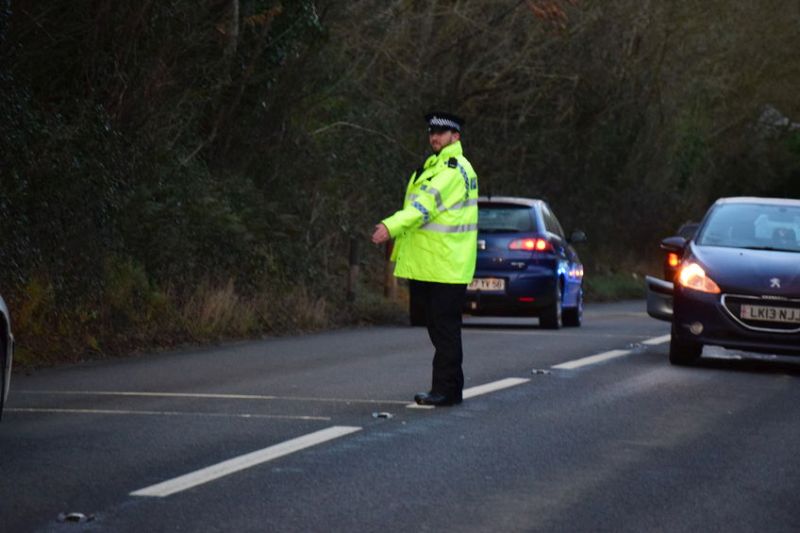
A survey has been launched to gain understanding of how Northern Irish farmers view rural crime and the official response they receive when reporting incidences.
Rural crime is an increasing and costly issue for farmers across Northern Ireland, with each incident varying greatly in terms of cost and psychological impact.
And due to the limited resources the PSNI and the Rural Crime Partnership have, the Ulster Farmers' Union (UFU) is concerned that rural crime is becoming a 'major scourge' on the countryside.
The farming union has launched the short survey and is now asking farmers to complete it.
UFU deputy president, Victor Chestnutt, said: “At one level it's about petty pilfering and opportunist theft. However, what really unsettles people in remote areas are planned thefts of machinery or livestock.
“Another unwelcome addition to this problem is when it involves violence or threats to families.”
Mr Chestnutt said farmers are 'disappointed' that when criminals are brought before the courts and sentences imposed 'rarely reflect the impact' of the crimes committed.
“This is why we are undertaking this survey and encouraging as many members as possible to take part. We want to establish how many families have been victims of rural crime, where in Northern Ireland these crimes occurred and whether there is a pattern as regards the value of the items stolen.
“We want to know more about people's experience of reporting these crimes to the PSNI and why some people choose not to report these crimes, and whether that reflects a belief that they are not taken seriously,” said the UFU deputy president.
He added that it would be a 'bad day' for rural communities if people believed reporting crime was 'little more than a tick box exercise'.
“Tackling this problem has to begin with understanding it better and that is why we are encouraging members to take part in our survey,” said Mr Chestnutt.
